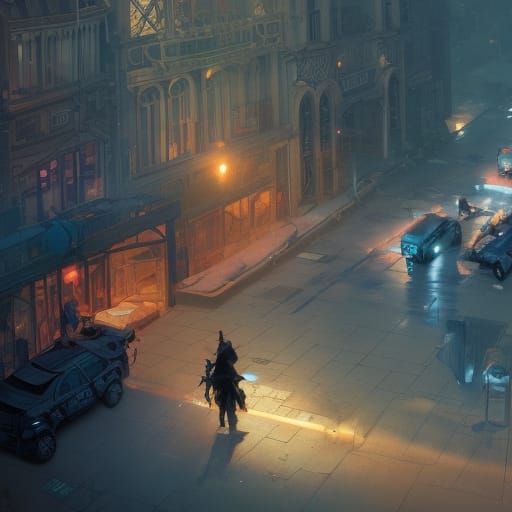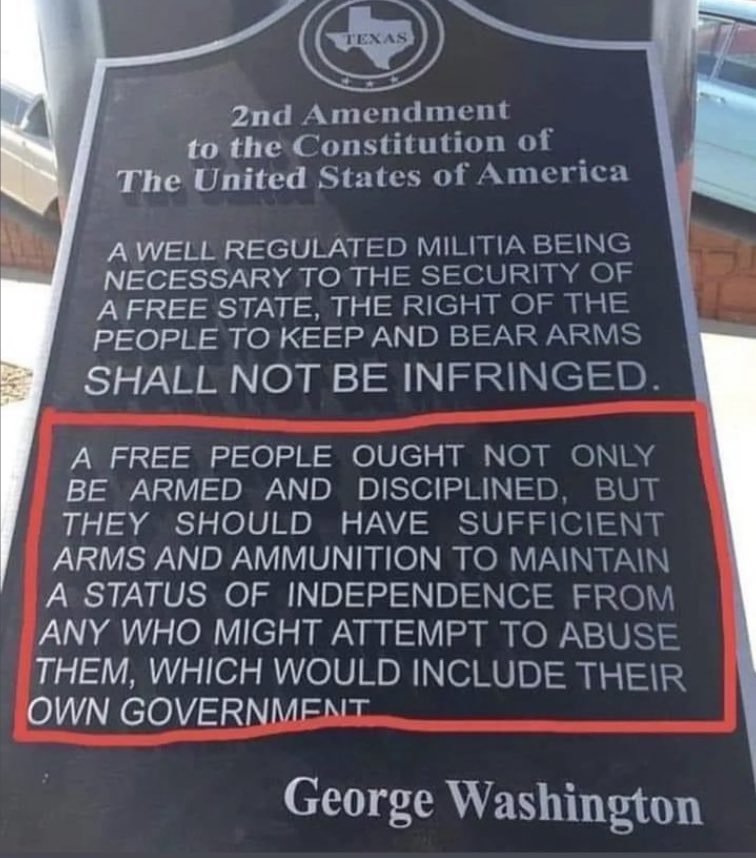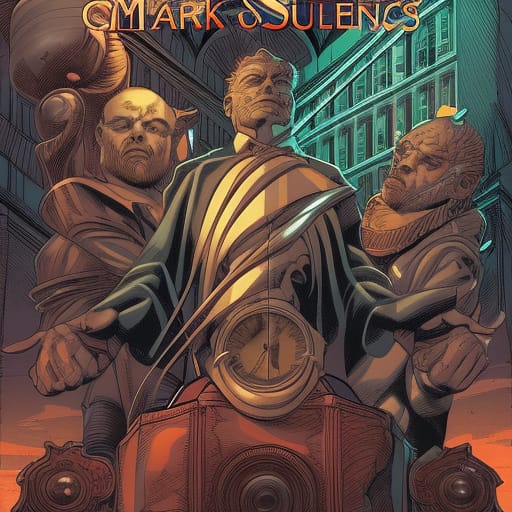Ignorance of the law is no excuse. That is the principle we are expected to live by. If we embrace the full implication of this principle, it may merit being adopted as a Constitutional principle that places the most effective constraints on government overreach.
If ignorance of the law is not an allowable excuse, it is imperative for government to enact laws that people can read and comprehend to remain in compliance. Moreover, the laws for crimes and misdemeanors, as well as the regulations that every person must comply with must be readable and comprehensible in totality for the average person without requiring professional legal counsel. This requires that all crimes, misdemeanors, and regulations must not exceed a certain maximum number of words in their totality. That limit should be established to be what an average student can read and comprehend by investing one hour per day during four years of high school. The government is forbidden from writing laws and regulations that exceed this limit, so as not to instigate ignorance of the law.



